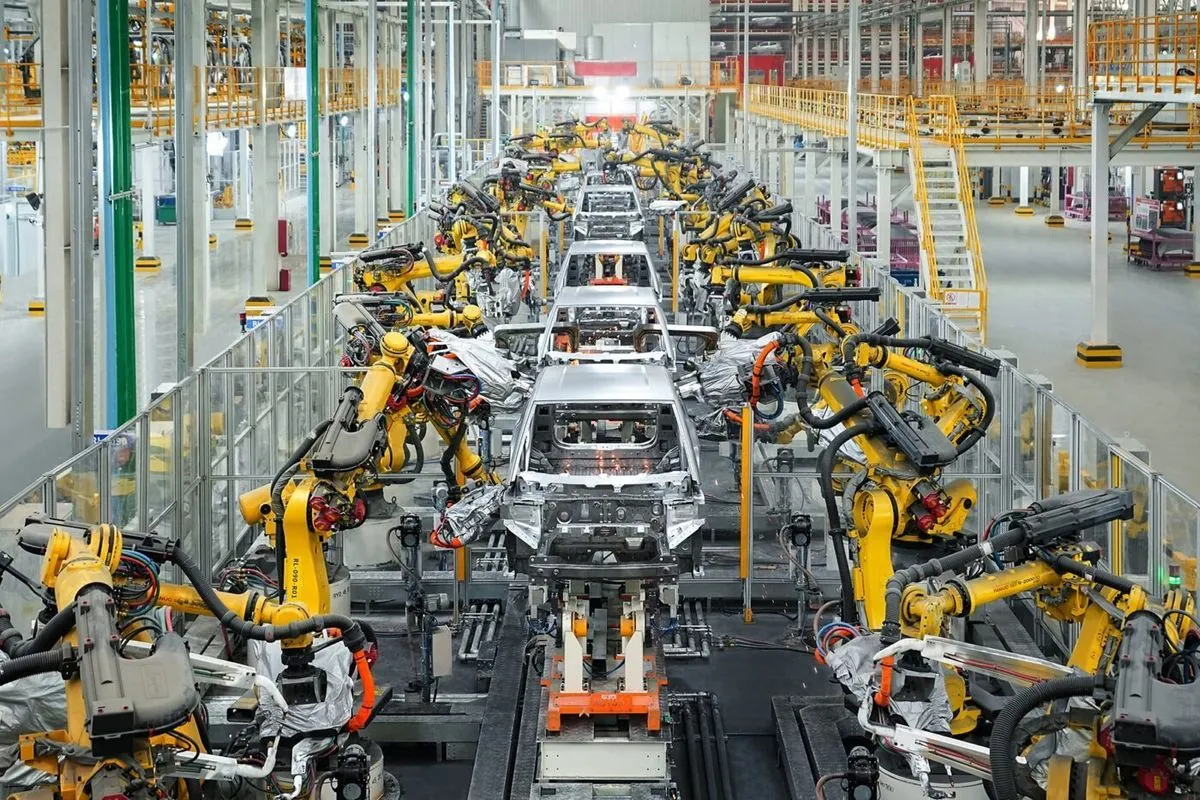European automakers are seeking assistance regarding the European Union's carbon emission regulations, which could result in substantial fines starting in 2025. The European Automobile Manufacturers' Association (ACEA) has requested "relief" on the 2025 carbon targets, expressing concerns about potential "multi-billion euro" penalties.
The current regulations mandate a 15% reduction in average carbon emissions per car per kilometer compared to 2021 levels. This requirement has been known for years, yet automakers with fossil fuel-intensive fleets are now facing significant challenges.
Luca de Meo, who leads the ACEA and serves as CEO of Renault, has suggested that the overall penalties could reach 15 billion euros. Such fines would represent nearly 20% of the combined pre-tax profits for major European automakers like Volkswagen, Stellantis, BMW, Mercedes-Benz, and Renault in the coming year.
The industry's plea for assistance is not without merit. Electric vehicle (EV) sales across the EU have experienced a decline, with the market share of battery-powered vehicles dropping from 21% to 14.4% in August compared to the previous year. This downturn makes it increasingly difficult for automakers to meet the established targets.
Several factors contribute to this challenge:
- High costs of EVs
- Limited state subsidies
- Insufficient charging infrastructure
Despite these obstacles, European carmakers have not been idle. Capital expenditures have significantly increased in recent years, rising from under 40 billion euros in 2020 to a projected 55 billion euros in 2024.
"We are missing crucial conditions to reach the necessary boost in production and adoption of zero-emission vehicles: charging and hydrogen refilling infrastructure, as well as a competitive manufacturing environment, affordable green energy, purchase and tax incentives, and a secure supply of raw materials, hydrogen and batteries."
The EU could potentially assist the industry by implementing delays to the 2025 targets, providing automakers with additional time to adapt. Many companies are already ramping up their electric vehicle offerings. For instance, Volkswagen plans to launch 30 new cars over the next year, half of which will be electric.
Looking ahead, the industry faces even more stringent requirements, with a 55% reduction in emissions mandated by 2030 and a complete phaseout of internal combustion engines by 2035. Meeting these targets will require a dramatic increase in electric vehicle demand and infrastructure development.
The ACEA estimates that approximately 1.4 million charging points need to be installed annually through 2030, nearly ten times the current rate. Additionally, automakers require a stable and reliable source of batteries, which is becoming increasingly challenging due to rising geopolitical risks and struggles faced by European battery manufacturers like Northvolt.
To achieve these long-term goals, government support will be crucial. The European Union has already taken steps to address these challenges through initiatives such as the European Battery Alliance and the Alternative Fuels Infrastructure Regulation. However, more comprehensive measures may be necessary to ensure the industry's successful transition to a zero-emission future.
As the automotive sector accounts for about 7% of the EU's GDP and directly employs over 2.6 million people, finding a balance between environmental goals and economic stability will be essential for policymakers and industry leaders alike.
